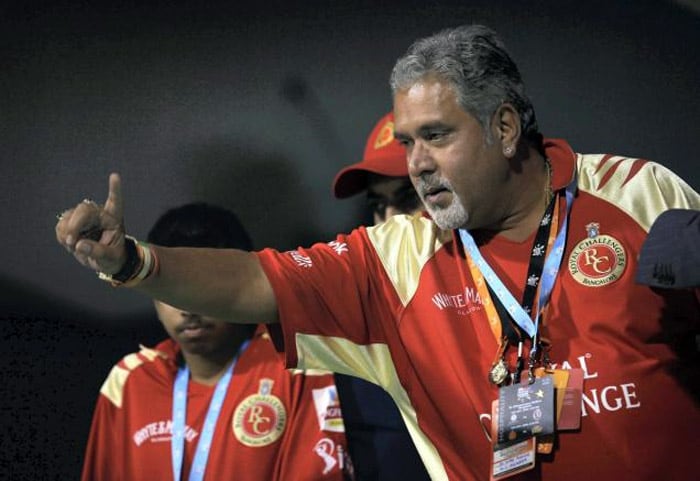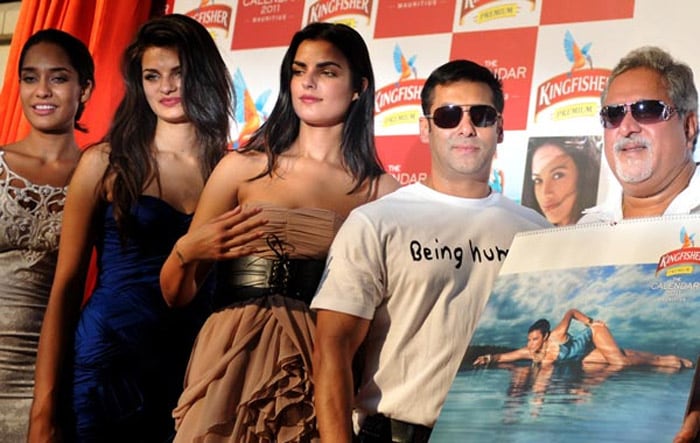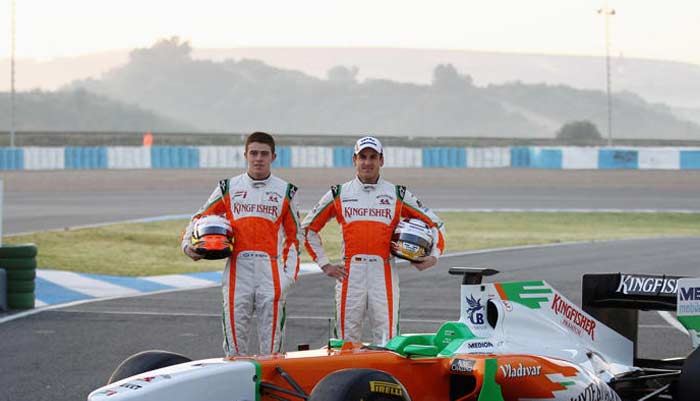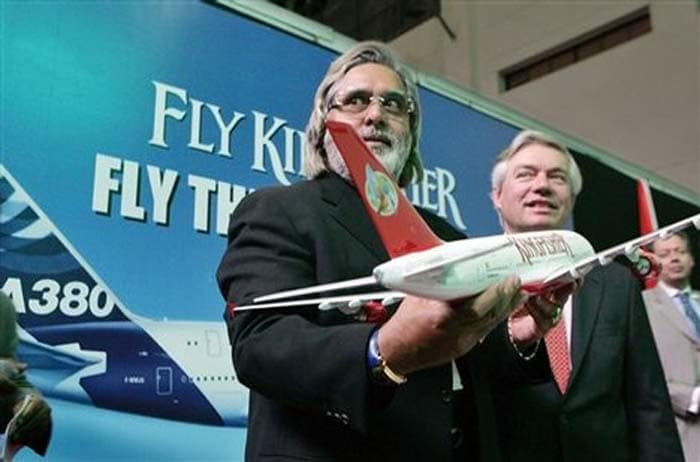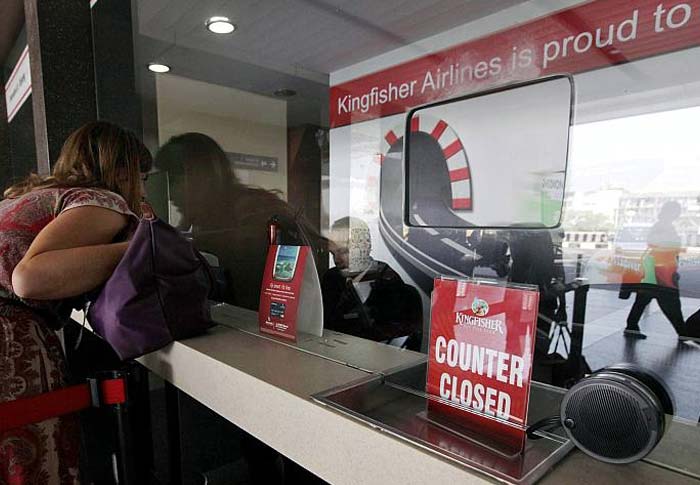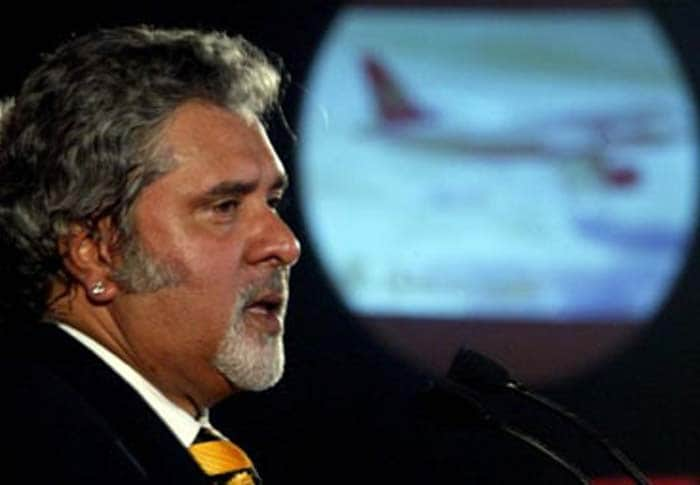Vijay Mallya: Is the King of Good Times in for some Hard Times?
Once deemed India's most eligible bachelor, it would not be a stretch to call Vijay Mallya one of the country's most troubled businessperson. On Thursday, Kingfisher Airlines announced losses of Rs 444 crore for the quarter ended December 2011 against Rs 254 crore in the year-ago period. The airline is estimated to have accumulated debt of about Rs 7,500 crore.
-
Once deemed India's most eligible bachelor, it would not be a stretch to call Vijay Mallya one of the country's most troubled businessperson.
On Thursday, Kingfisher Airlines announced losses of Rs 444 crore for the quarter ended December 2011 against Rs 254 crore in the year-ago period.
The airline is estimated to have accumulated debt of about Rs7,500 crore. -
Back in 1996, Mallya became the first Indian tycoon to sponsor an entire cricket team – West Indies – and for practically co-opting the term ‘good times'.
Indeed, the roots of the Calypso-esque ‘Ooh-la-la' jingle for Kingfisher can be traced back to those days.
And a few years ago, Mallya launched the Kingfisher Calendar – India's answer to the Sports Illustrated one. Now, the Bangalorean liquor baron owns the Deccan Chargers team in the Indian Premier League, an annual cricket tourney in the 20-over format.
Mallya will also be remembered for putting India firmly on the Formula One map with the Force India team. -
Mallya, who owns the highly profitable United Breweries that makes Kingfisher beer, burst onto the airline industry scene in mid-2005 when he started Delhi-Mumbai flights.
Kingfisher Airlines quickly acquired a reputation for premium in-flight service. But the airline will always be known more for its stunning cabin crew, personally selected by Vijay Mallya. -
But for all his high profile ways, Mallya has not been able to get a handle on his airline business. Soon after starting Kingfisher Airlines, he was faced with a slew of low-fare carriers and decided to expand inorganically.
In 2008, Kingfisher merged with India's first low-fare carrier Air Deccan that was founded by Captain GR Gopinath, and soon became a majority stakeholder.
Following the acquisition, Kingfisher was renamed Kingfisher Deccan and then renamed as Kingfisher Red to tap into a growing flying population that wanted to go places without having to pay through its nose.
That experiment, though, has gone awry given high operational costs and razor-thin margins. -
Following the acquisition, Kingfisher was renamed Kingfisher Deccan and then renamed as Kingfisher Red to tap into a growing flying population that wanted to go places without having to pay through its nose.
That experiment, though, has gone awry given high operational costs and razor-thin margins. In September 2011, Mallya announced that he was phasing out KF Red, to re-focus on full service flights. -
But could it be a question of too little, too late? Or will Mallya find his way out of the debt quagmire that the airline finds itself in?
The financial crisis of 2008-2009 that led to a liquidity crunch, high oil prices, rising operational costs, and near defaults on oil and airport facility dues have often threatened to bring the airline to a lurching halt.
Each time, though, Mallya has managed to keep his airline flying as a going concern. The question on everyone's mind right now, though, is ‘Has Mallya flown too close to the sun?'

